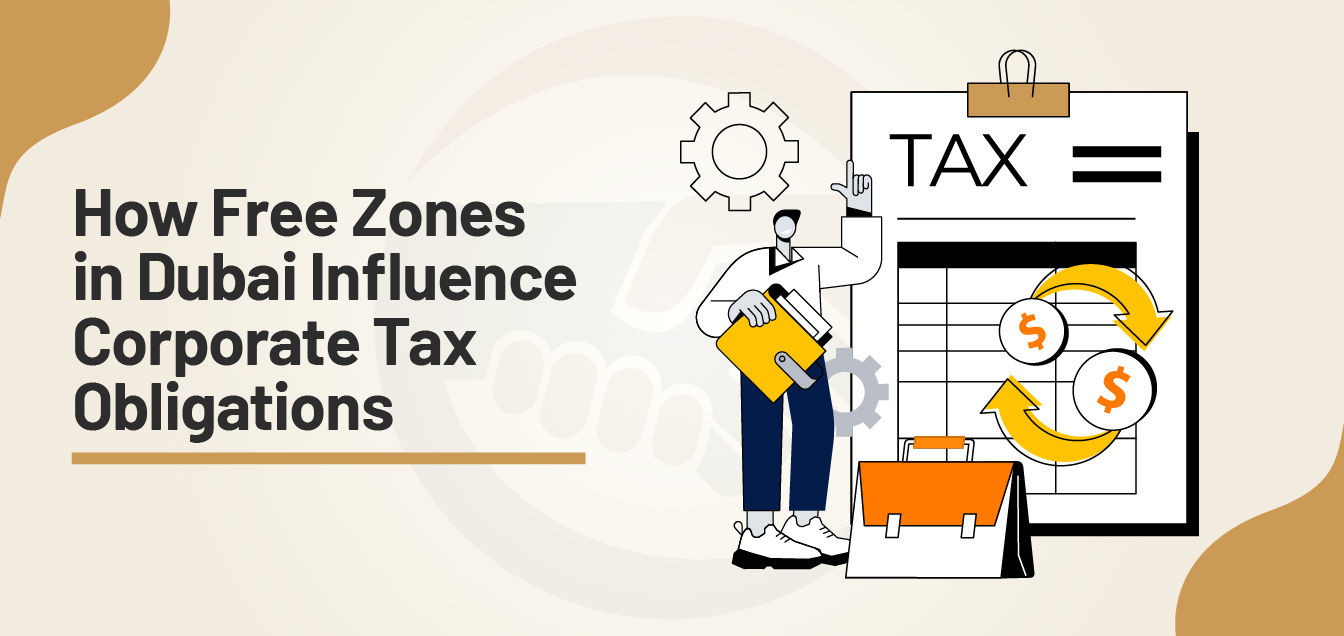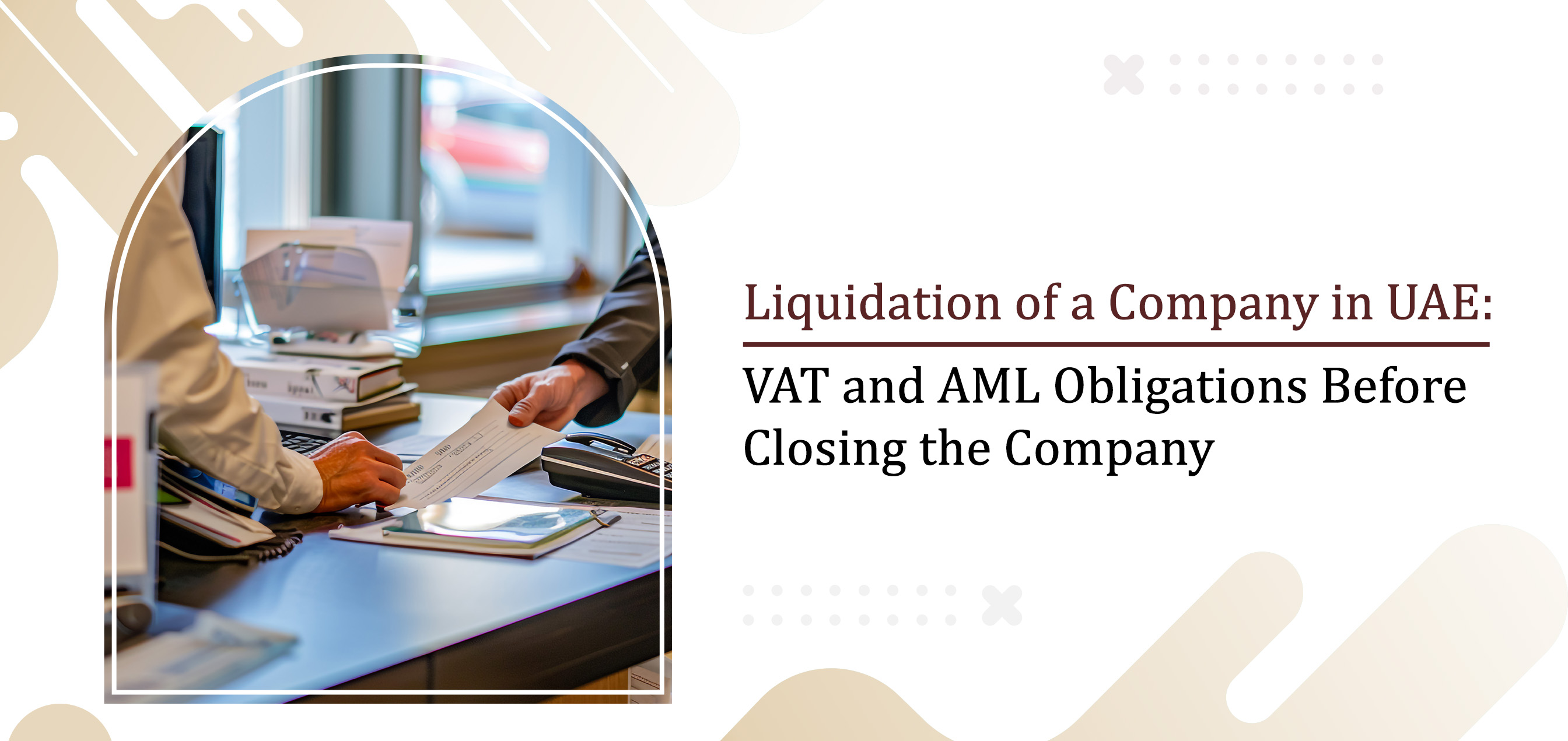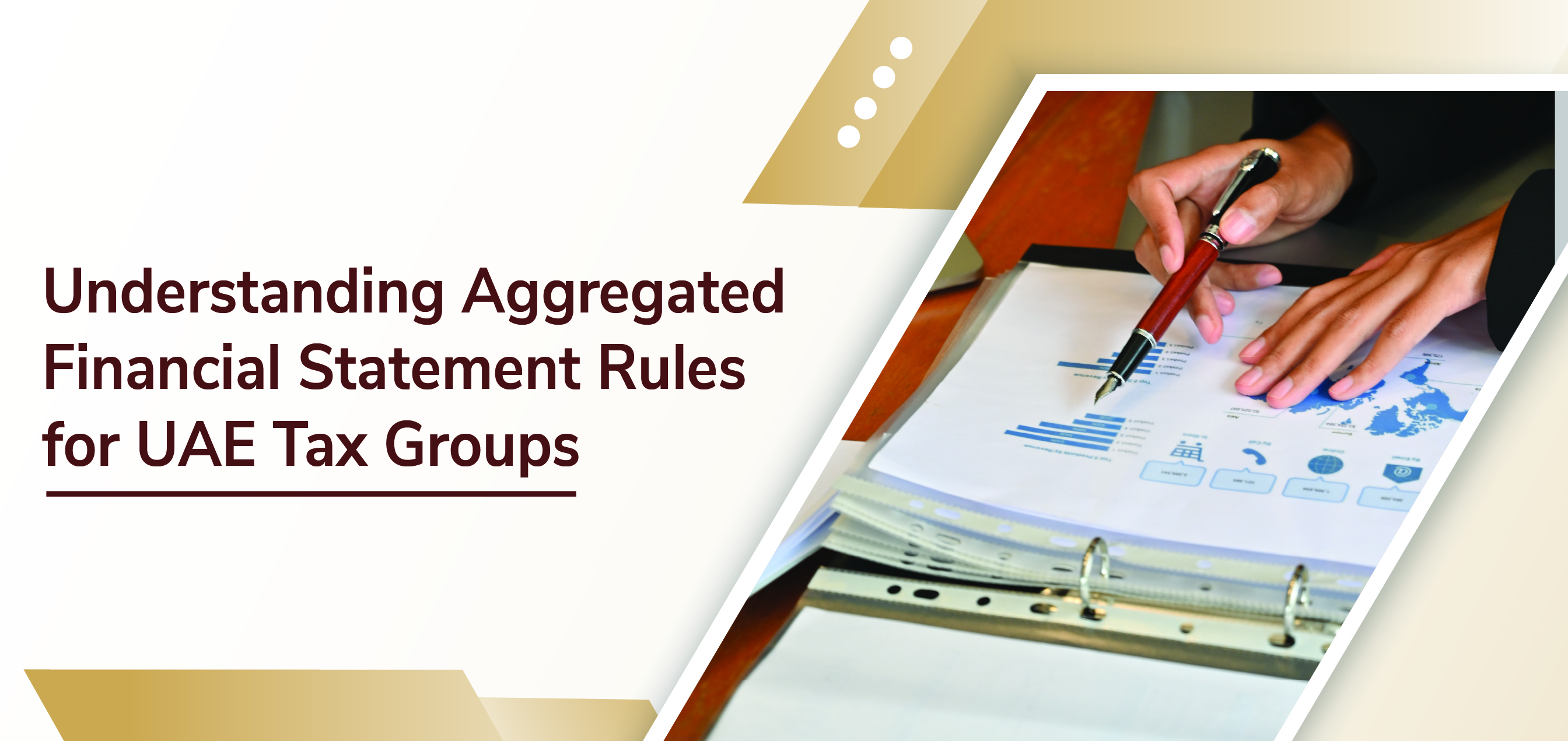
26 Sep 2024
As a thriving global business hub, Dubai offers exceptional advantages for companies seeking to establish or expand their operations. Among these advantages, free zones stand out as a significant factor, especially concerning tax obligations. These Dubai free zones are specialized areas designed to attract foreign investment by offering numerous tax incentives. In this blog, we will delve into how Dubai free zones impact corporate tax obligations, the tax benefits they provide, and the overall influence on businesses operating within them.
Understanding Dubai Free Zones and Their Tax Impact
Dubai free zones are specific regions where businesses can enjoy unique tax advantages and regulatory benefits, making them highly attractive to foreign investors. The Dubai free zones tax impact is substantial, as companies within these zones benefit from various incentives.
The free zones in Dubai are established to foster economic growth and attract foreign direct investment (FDI). These zones are governed by Dubai free zone regulations, distinct from those applicable to mainland businesses. The regulations are designed to create a business-friendly environment with minimal bureaucratic hurdles, further enhancing the appeal of Dubai free zones.
UAE Corporate Tax in Free Zones
A free zone is a designated and defined geographic region within the UAE that has been recognized in a Cabinet decision made at the request of the Ministry. The UAE, particularly the Emirates of Dubai and Abu Dhabi, hosts various Free Zones that play a pivotal role in the economic landscape. Many multinational companies, as well as small and medium-sized enterprises, have set up 100% foreign-owned subsidiaries within these zones without needing a domestic shareholder.
Understanding the corporate tax implications in UAE Free Zones is crucial for businesses operating within these areas, as they may encounter different tax structures compared to mainland businesses. Staying informed about corporate tax in UAE Free Zones is essential to ensure compliance with regulations and optimize tax planning strategies.
As of 2024, most UAE corporate tax Free Zone companies have been regarded as key drivers international trade. Free Zones benefit from several incentives , these incentives make free zones an attractive option for businesses looking to maximize their operational efficiency and minimize their tax burden.
The Influence of Free Zones on Corporate Tax Obligations
The tax obligations free zones Dubai imposed, differ significantly from those on the mainland. While mainland businesses are subject to the UAE's corporate tax regime, companies within free zones enjoy unique tax benefits that can substantially reduce their overall tax liability.
For businesses, the Dubai tax incentives free zones offer are a critical factor in establishing operations within these areas. The UAE free zone corporate tax exemptions enable companies to reinvest more profits into their business, leading to growth and expansion. Additionally, the simplified regulatory environment in free zones reduces the administrative burden on companies, allowing them to concentrate on their core operations.
Businesses need to comply with Free Zone Compliance Dubai requirements. Although free zones provide significant tax advantages, non-compliance with regulations can result in penalties, loss of tax benefits, and even the revocation of business licenses. Therefore, companies must ensure they meet all regulatory requirements, including annual audits, license renewals, and reporting obligations.
Tax Rates for Free Zones
The UAE Ministry of Finance has highlighted that businesses registered in Free Zones will be impacted by the new Corporate Tax regime in the UAE. However, it has also been observed that the tax incentives provided by the UAE Free Zones will be upheld under the new system, provided that businesses meet the compliance requirements and do not engage in business activities with mainland UAE companies or entrepreneurs.
According to the Federal Decree Law on Corporate Tax, a Qualifying Free Zone Person is subject to Corporate Tax at the following rates:
- 0% on Qualifying Income.
- 9% on Taxable Income that is not Qualifying Income.
The specific qualifying income for a Free Zone person or a Free Zone entity is defined and determined by the Federal Tax Authority (FTA) regulations. On the other hand, the corporate tax for businesses on the mainland is calculated based on the taxable income earned by the business.
Will Free Zones Be Affected by Corporate Tax?
Corporate Tax will impact businesses operating in the free zones of the UAE. However, free zone businesses that adhere to the regulatory requirements and do not engage in business with mainland UAE entities will continue to enjoy the corporate tax benefits provided by the free zones. It is also important to note that UAE Free Zones must register and file corporate tax returns to maintain their eligibility for these benefits.
Corporate Tax for Qualifying Free Zone Persons
Who qualifies as a Qualifying Free Zone Person? According to the Corporate Tax law, a Qualifying Free Zone Person meets the conditions outlined in the Decree-Law and is subject to 0% corporate tax on qualifying income.
Conditions for Qualifying Free Zone Persons
Article 18 of the Corporate Tax law sets out the conditions for one to become a Qualifying Free Zone Person:
- The person must maintain adequate substance within the State.
- The person must derive Qualifying Income as specified in a decision issued by the Cabinet at the Minister's suggestion.
- The person must not have opted to be subject to Corporate Tax under the Decree Law.
- The person must comply with the Arm’s Length Principle and Transfer Pricing Documentation as stipulated in the Decree-Law.
If a Qualifying Free Zone Person fails to meet any of these conditions during a tax period, they will cease to qualify from the beginning. In such cases, the Minister may determine the conditions or circumstances under which the person may continue or cease to be a Qualifying Free Zone Person as of a different date.
How AMCA Can Help?
Navigating the complexities of Dubai free zone regulations and tax obligations can take time and effort, especially for businesses unfamiliar with the local landscape. This is where AMCA comes in. With extensive experience in the UAE's business environment, AMCA can help your company take full advantage of the free zone tax benefits UAE offers. Whether setting up your business in a free zone, ensuring compliance with Free Zone Compliance Dubai requirements, or planning for future tax obligations, AMCA is your trusted partner in achieving success.
Ready to unlock the full potential of Dubai's free zones for your business? Contact AMCA today to learn how we can help you navigate the intricacies of Dubai free zone taxation and take advantage of the tax benefits available to your company. Let us help you achieve your business goals with strategic tax planning and expert guidance.
-
Read More: Audit in Dubai
-
Read More: Top 8 Audit Firms in Dubai
-
Read More: Bookkeeping Tips for Startups to Maintain Positive Cash Flow
-
Read More: The Essential DIFC List of Auditors: Ensuring Financial Transparency and Compliance




